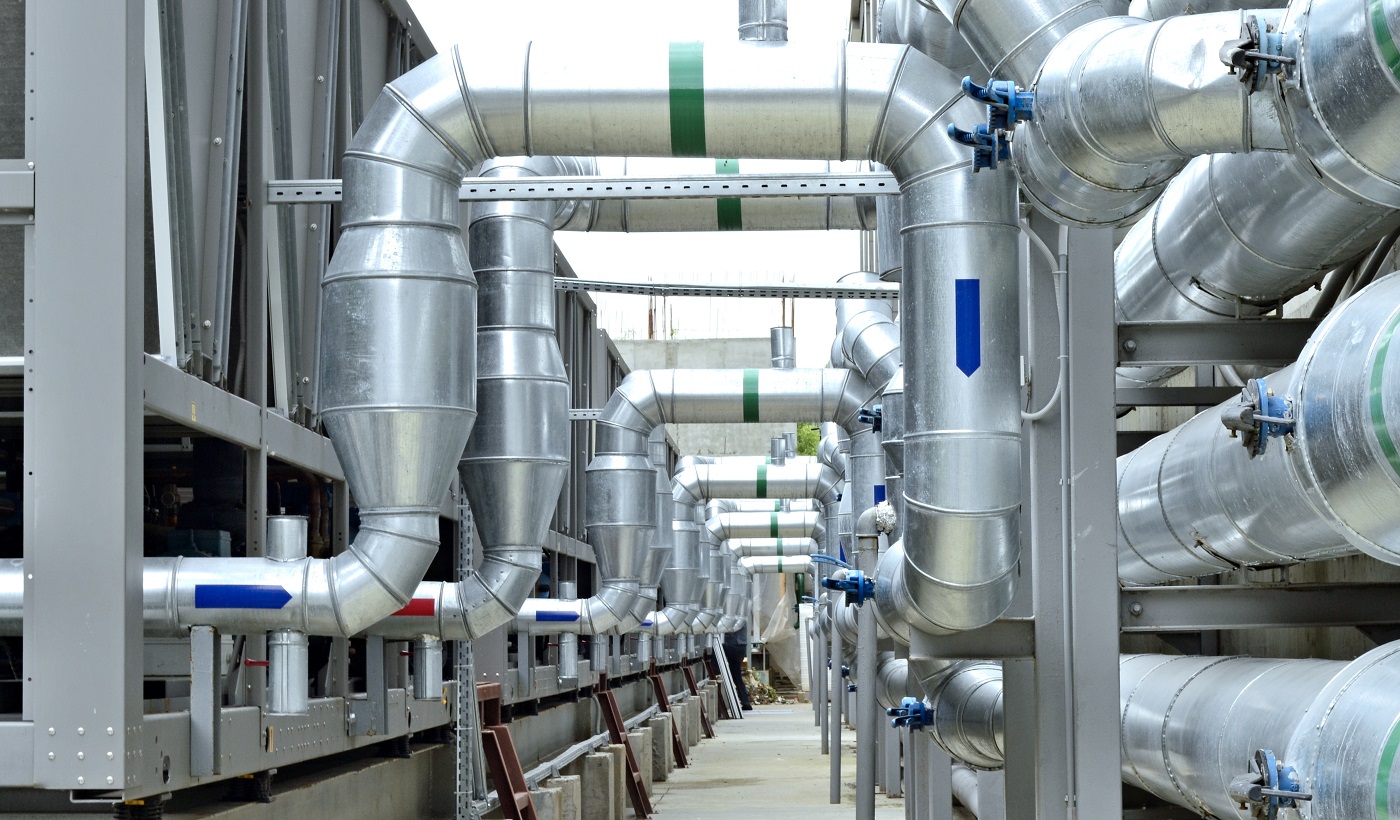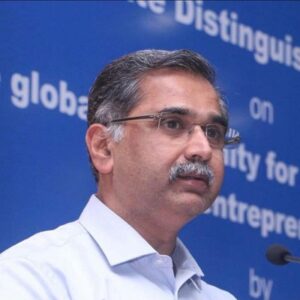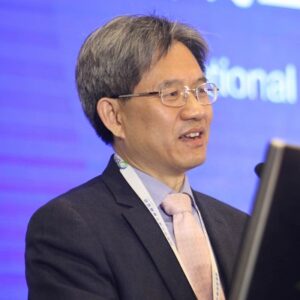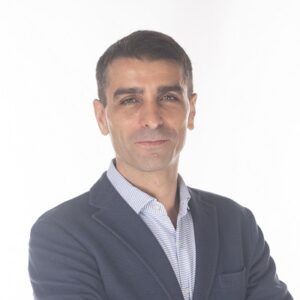
TechEmerge Sustainable Cooling Harnessing Waste Cold
In partnership with:
Each year millions of tons of waste cold from liquid natural gas (LNG) are discarded– but innovative tech and new business models could transform this untapped resource into emission-free power and cooling on-demand and provide electricity to the grid.
To help make this a reality, IFC’s award-winning TechEmerge program has convened a group of internationally renowned clean energy and sustainable cooling experts to explore and advise on the technical and commercial potential of LNG waste cold recovery.
Market Context
↑60-80%
New technologies & business models can increase the efficiency of waste cold recovery processes
~$50+ bn
Potential investment opportunity of harnessing waste cold from LNG, by 2030
In recent decades, significant progress has been made in recovering waste heat produced during the operation of power plants, incinerators, cooling towers, and other thermodynamic processes. Now attention is shifting to the enormous potential to capture waste cold released during the LNG regasification process and transforming this into emission-free energy and cooling.
Research indicates that innovative technologies and business models could increase the efficiency of LNG waste cold recovery processes to 60-80 percent. Harnessing this resource could generate more than $50 a ton in economic and social benefits. By 2030, this would represent an investment opportunity of approximately $50+ billion.
Beyond creating new markets, efficiently harnessing waste cold could strengthen energy access for underserved communities, while also reducing the environmental impact and carbon footprint of the LNG sector.
The Academic Experts Advisory Group for our Waste Cold initiative provides rigorous, independent thought-leadership and advice to IFC and its partners on the technical and commercial potential of LNG waste cold recovery. Our advisors are international authorities in technology, cryogenic energy storage, high efficiency–low emissions combustion and recovery solutions, and more.
-

Toby Peters
Co-director, Centre for Sustainable Cooling

-

Prof. Richard Williams
Co-Chair, Advisory Group
-

Prof. Milind Atrey
Dean (Research & Development) and Institute Chair Professor at the Department of Mechanical Engineering, IIT Bombay.
-

Prof. Yulong Ding
Founding Chamberlain Chair of Chemical Engineering and Director of the Birmingham Centre for Energy Storage at the University of Birmingham. Highview Chair of Cryogenic Energy Storage, Royal Academy of Engineering.

-

Prof. M. Mercedes Maroto-Valer
Associate Principal (Global Sustainability), Robert M Buchan Chair in Sustainable Energy Engineering and Director of the Research Centre for Carbon Solutions at Heriot-Watt University.
-

Prof. Robert Morgan
Professor of Thermal Propulsion Systems, School of Computing, Engineering, and Math at the University of Brighton.
-

Dr. Alessandro Romagnoli
Associate Professor, School of Mechanical & Aerospace Engineering Co-Director, Surbana Jurong-NTU Corporate Laboratory, Cluster Director on Multi-Energy Systems and Grids at Nanyang Technological University in Singapore.









